For mothers with postpartum gestational diabetes, it’s important to pay attention to their diet. Bach Hoa XANH suggests a diet that provides sufficient energy and balanced nutrition to support the treatment of postpartum gestational diabetes.
1 Why Do Mothers with Postpartum Diabetes Need a Special Diet?
Gestational diabetes can disappear about six weeks after giving birth. However, if left uncontrolled, there is a high chance of developing gestational diabetes in subsequent pregnancies or progressing to type 2 diabetes. Additionally, mothers with gestational diabetes are at an increased risk of postpartum depression compared to those without diabetes.
Mothers need to adjust their diet and exercise regularly to bring blood sugar levels back to a safe range. Nutrition is especially crucial, as it helps mothers control their blood sugar without the need for specific medications.
You can refer to Bach Hoa XANH’s suggestions on diet to help manage your blood sugar and stabilize your health.
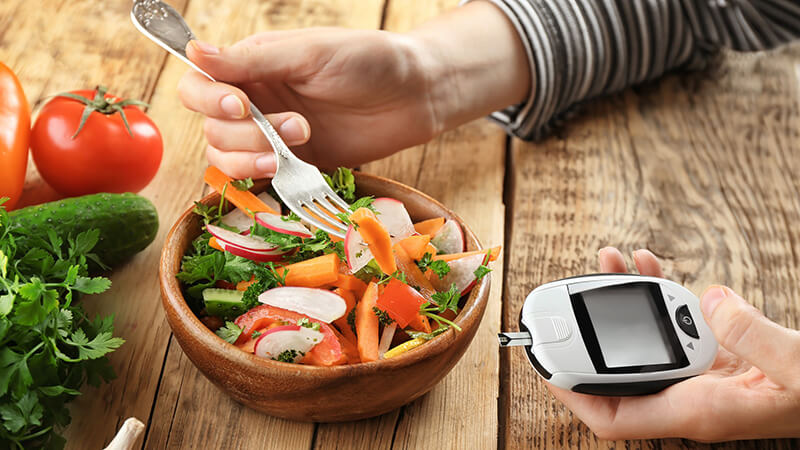 Nutrition is crucial for managing postpartum diabetes
Nutrition is crucial for managing postpartum diabetes
Treating postpartum diabetes often involves dietary restrictions, which may cause concern about the quality and quantity of breast milk. Therefore, mothers need to pay attention to balancing their diet to ensure the well-being of both mother and child.
2 What Should Mothers with Postpartum Diabetes Eat?
New mothers tend to focus all their attention on their newborns and neglect their self-care. To overcome postpartum diabetes, mothers should include the following nutrient-rich foods in their daily diet:
Protein-rich Foods
According to the Center for Research and Application of Ethnic Medicine, protein is an essential nutrient for the body, especially for mothers with postpartum diabetes. It helps balance blood sugar levels. Include protein-rich foods such as chicken, duck, fish, shrimp, eggs, and dairy products in your diet. If you’ve had a C-section, it’s best to reduce your intake of red meat, seafood, and eggs.
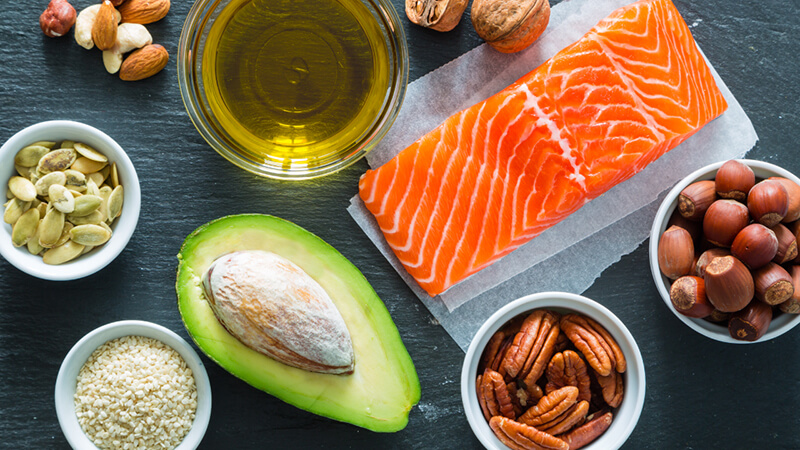 Include protein-rich foods in your diet
Include protein-rich foods in your diet
Unsaturated Fats
Unsaturated fats play a crucial role in lowering blood sugar by improving insulin resistance and reducing toxins from free fatty acids in the body, according to the Center for Research and Application of Ethnic Medicine. Include foods such as salmon, tuna, avocado, olive oil, and nuts in your diet.
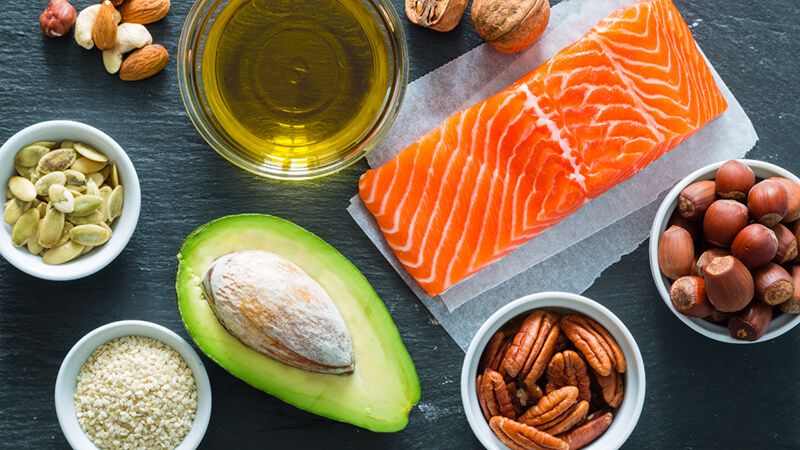 Include unsaturated fat sources in your diet
Include unsaturated fat sources in your diet
Low-sugar Foods
When consumed in moderation and in the right way, these foods release sugar into the bloodstream slowly and steadily. Include low-glycemic index foods such as green vegetables (spinach, broccoli, cabbage), and fruits (apples, berries, oranges).
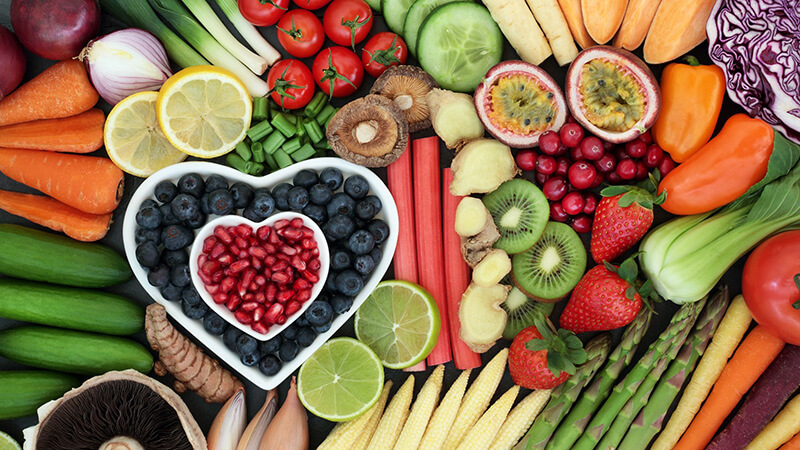 Include low-sugar foods in your diet
Include low-sugar foods in your diet
3 Foods to Avoid for Mothers with Postpartum Diabetes
It’s essential to refrain from certain foods when treating postpartum diabetes. Mothers should avoid foods containing the following:
Limit Starchy Foods
Starchy foods tend to have a high glycemic index, which can significantly impact blood sugar levels. It’s best to limit your intake of white rice, bread, potatoes, and sweet potatoes.
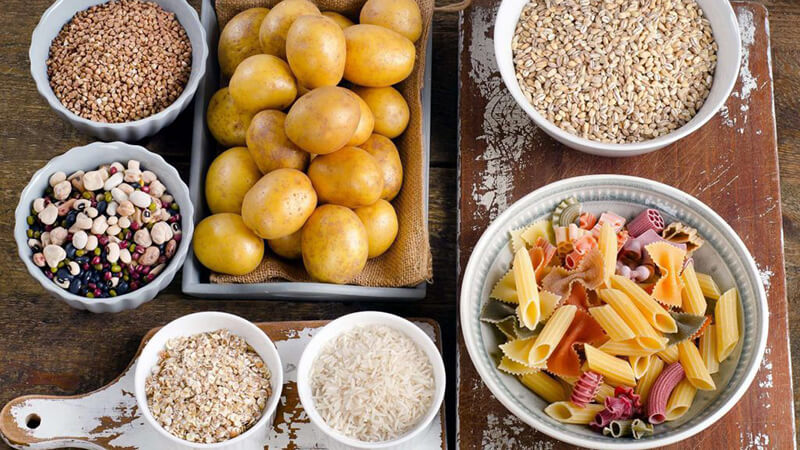 Limit starchy foods
Limit starchy foods
Minimize Sugar Intake
Sugary foods can cause a rapid increase in blood sugar levels, especially processed and refined ones. Women with postpartum diabetes should avoid sugary foods and drinks such as candy, cake, ice cream, and sweetened beverages.
 Minimize sugar intake
Minimize sugar intake
Avoid Hidden Sugars and Carbohydrates
Consuming foods with hidden sugars or carbohydrates can negatively impact a mother’s health, as they can cause a sudden spike in blood sugar levels. Avoid fast food (hamburgers, fries), sweetened yogurt, and fruit juices.
 Avoid fast food and sugary snacks
Avoid fast food and sugary snacks
4 Additional Dietary Notes for Mothers with Postpartum Diabetes
In addition to choosing the right foods and ensuring adequate nutrition, mothers with postpartum diabetes should keep the following in mind:
- Each meal should consist of 33-40% carbohydrates, 35-40% fats, and 20% protein.
- Divide three main meals into five to six smaller meals to reduce the burden on the stomach.
- Avoid overeating, as it can cause a sudden spike in blood sugar levels.
- Have a snack two hours after a main meal.
- Don’t skip meals, and try to eat at regular intervals.
 Balance your meals and nutrition
Balance your meals and nutrition
Additionally, women with postpartum gestational diabetes should pay attention to the following:
- Share your feelings with family or a mental health professional to reduce stress and prevent postpartum depression.
- Postpartum gestational diabetes does not affect the quality or safety of breast milk for your baby.
- Maintain a positive and optimistic mindset.
- Make time for self-care and indulge in hobbies like reading, watching movies, or listening to music.
- Regularly monitor your blood sugar levels with your doctor.
- Consider stress-relieving activities like yoga or meditation.
 Engage in relaxing activities like meditation
Engage in relaxing activities like meditation
Source: Center for Research and Application of Ethnic Medicine





































